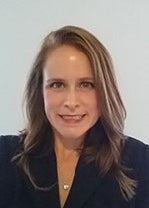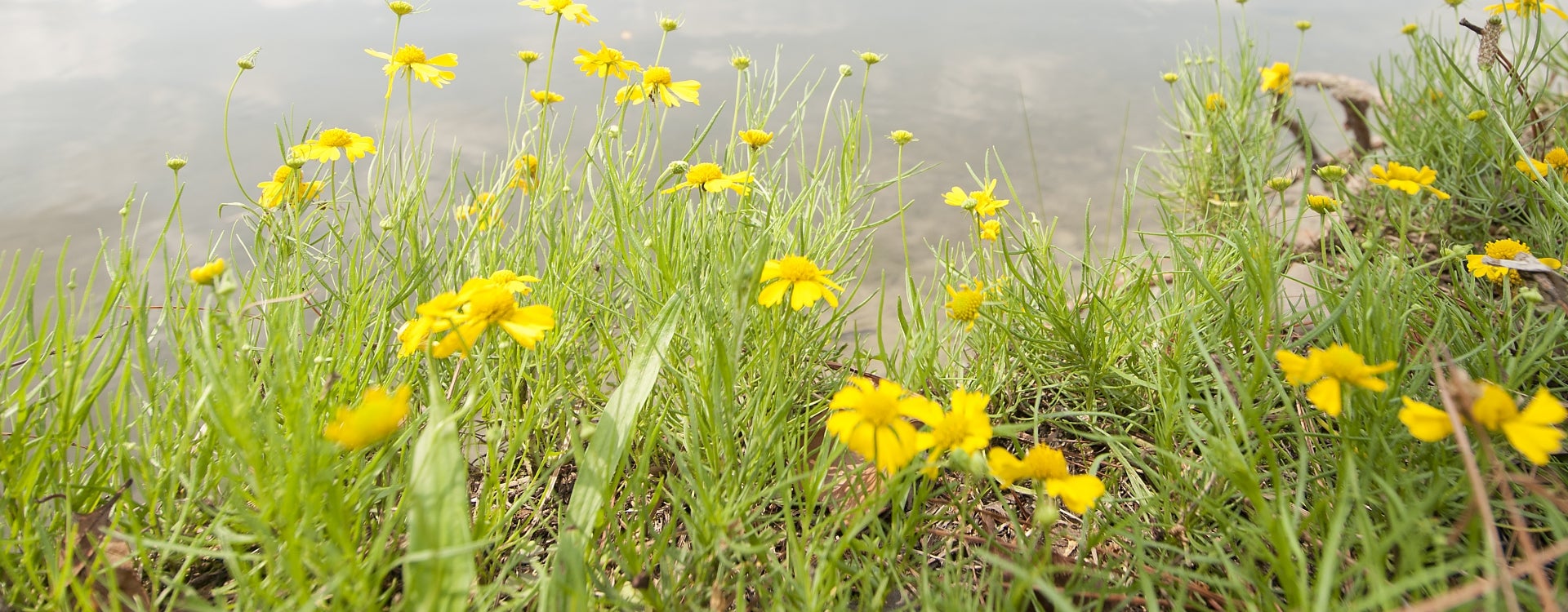CAHS Faculty Spotlight

Lauren R. Sastre, PhD, RDN, LDN, is an assistant professor in the Department of Nutrition. She completed her PhD at the The University of North Carolina at Greensboro in 2016. She then served as a faculty member at Winthrop University from 2016-2018. In the Fall of 2018, Dr. Sastre joined the ECU faculty. Her current research interests include: health disparities and undeserved populations, food security, social determinants of health, and photovoice/digital photography research methodology.
Q1: What do you like best about working at ECU?
I really appreciate the commitment of ECU as an institution as well as my ECU colleagues in addressing rural health disparities while also providing exceptional education and training for our students to make their own impact locally, nationally and even globally.
Q2: What do you find most exciting about your research and its potential?
My primary focus is on filling gaps within primary care to address patient’s underlying nutrition and physical activity risks associated with chronic diseases. Through my main community partner- the North Carolina Association of Free and Charitable Clinics (NCAFCC) and an interdisciplinary group of colleagues here at ECU and Appalachian State there is great potential to impact both rural Eastern and Western North Carolina and address gaps in care and chronic disease disparities as well as expand our work nationally through NCAFCC’s parent/national organization. I both excited as well as grateful for well-equipped and dedicated partners to pursue this translational research with an underserved patient population.
Q3: What excites you about teaching?
It is a creative outlet for me and that is enjoyable. How can I find a way to make content as interesting and relevant as possible? How can I develop the knowledge and skills needed to provide excellent care and services in the future though my delivery approach, course design and activities, experiential learning?
Q4: What do you hope students take away from their experiences from working with you on your research
That research can be used both to examine and solve problems while partnering with and impacting communities in a positive way. That the skills obtained in research will provide them an advantage for whatever they end up doing- critical thinking and assessment skills, writing, organization, soft skills (e.g. communication, public speaking), et
Q5: What is your favorite teaching or research moment?
My favorite research moment was a digital photography study with newly arrived refugee and immigrant adolescents from all over the world. They kept a photo journal of food and how they enjoyed being active and then shared their results with their classmates during the study. Learning about their cultural foods, activity preferences and watching them naturally start to identify commonalities (vs. difference) between them was something I will never forget.
